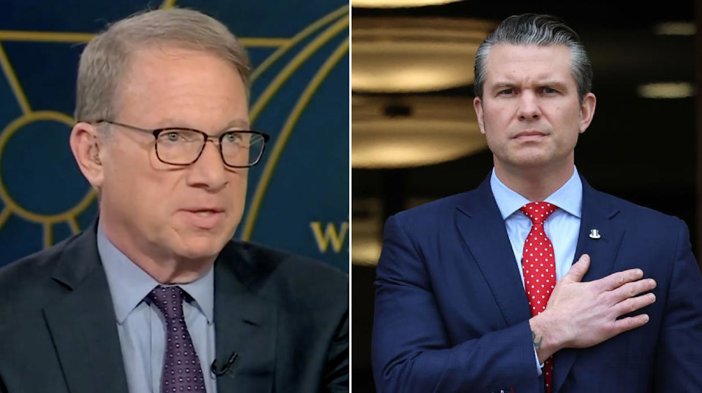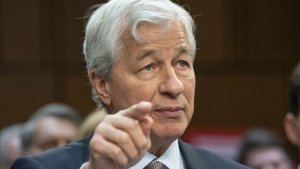
Hegseth Denies Yemen War Plan Leak
United States Defense Secretary Pete Hegseth has strongly denied that any war plans were shared in a Signal group chat involving U.S. officials, following a report by The Atlantic's Editor-in-Chief Jeffrey Goldberg. The controversy emerged when Goldberg revealed he had been mistakenly added to the private chat, which he claims included sensitive information about military strikes against the Yemen-based Houthis.
Addressing reporters, Hegseth dismissed Goldberg as a "so-called journalist" and labeled him as deceitful and discredited. "Nobody was texting war plans and that’s all I have to say about that," Hegseth stated before ending the press encounter.
Goldberg, however, disputed Hegseth's denial in a CNN interview. He asserted that the chat contained detailed military planning, including when and how targets in Yemen would be attacked and who was at those targets. Goldberg explained that he withheld some of the more sensitive details from publication, citing their confidential and technical nature and concerns over the safety of military personnel.
“What’s in the public interest is that they were running a war plan on a messaging app, and didn’t even know who was invited into the conversation,” Goldberg emphasized.
Meanwhile, National Security Council spokesman Brian Hughes acknowledged the authenticity of the message thread, stating that it “appears to be authentic” and confirmed that an internal review is underway to determine how an unintended participant was added to the conversation.
The incident highlights potential vulnerabilities in secure communication channels among U.S. officials and has triggered concerns over operational security and digital protocol during active military operations.






